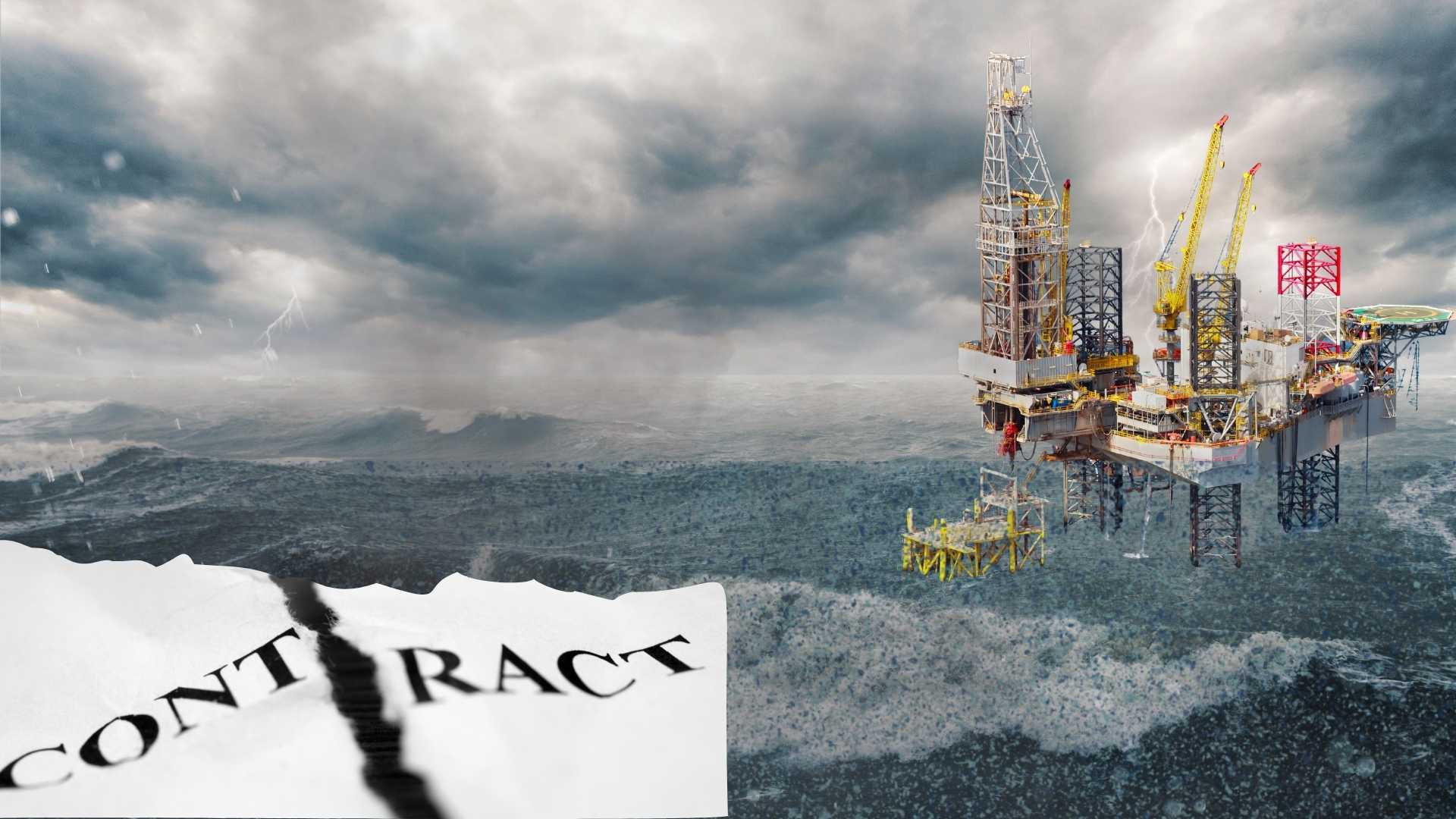
Carlyle’s global oil and gas strategy hits another wall
November 18, 2025
Signs of turmoil within Carlyle as the firm fails its second high-profile overseas fossil fuel acquisition attempt
American private equity firm The Carlyle Group has been successfully expanding its fossil fuel footprint across the United States, recently partnering with Diversified Energy and its “empire of dying wells”, but the firm has been unable to expand overseas, despite its efforts. Carlyle’s attempt to acquire Australia’s second-largest gas and LNG producer, Santos, in its partnership with Abu Dhabi National Oil Company (ADNOC), XRG, has failed, marking the second major overseas acquisition failure for Carlyle in the past eight months.
Amid the deal failures, Carlyle has been undergoing a substantial internal leadership shuffle, with CEO Harvey Schwartz creating new executive positions and ushering in the “next phase of evolution” for the company. Since taking the lead of the struggling firm in 2023, Schwartz has increased investor confidence enough to stave off a total takeover of Carlyle by Australian private equity firm Macquarie. It remains to be seen whether the leadership transitions will ease internal turmoil and financial struggles for the firm, or whether the instability and continued deal failures will impact Carlyle’s investors.
Carlyle Fails to Tap Into Overseas Oil and Gas, Again
It’s been less than a year since Carlyle’s last big overseas acquisition failed, and with the recent failed attempt to acquire Australia’s Santos, Carlyle appears to be on a losing streak. Carlyle announced in June 2024 that it was building a new oil and gas drilling and exploration company in the Mediterranean, starting with a $945 million acquisition of Energean upstream assets in Italy, Egypt, and Croatia. In March 2025, the deal collapsed, with Energean CEO expressing disappointment in Carlyle’s failure to obtain the necessary approvals in Italy and Egypt. The collapse of the Santos deal, with a significantly higher price tag of around $23.7 billion, is another major blow to Carlyle’s attempt to expand its overseas oil and gas operations.
While Carlyle and the XRG consortium remained vague in its reasons for the failure, merely citing the terms demanded by Santos’ board as the reason it pulled out of the deal to acquire Santos, as reported by The Wall Street Journal, Santos, mapped out the timeline of the agreement and detailed the terms to which XRG refused to agree to in a press release. Santos stated its board was concerned with XRG’s delay in agreeing to the deal and stated XRG would not agree to the “acceptable terms”, which would have ensured shareholder protection. Santos noted that the XRG consortium would not agree to take on an appropriate allocation of risk, which included XRG’s obligation to secure the regulatory approvals and agree to a “responsible commitment to the development and supply of domestic gas.”
It remains to be seen if or how these failed deals will impact Carlyle overall or its investors. No doubt deals like these take significant time and resources to secure. Repeated deal failures, especially of this size, could signal that the firm should change course amid a turbulent global trade situation and increasing uncertainties around the future of oil and gas demand.
Internal Turmoil and Talks of Merger
The Santos deal failure comes as the private equity firm has undergone some internal leadership shuffling, with Carlyle creating a new co-president position and naming three Carlyle veterans to the posts: Chief Financial Officer John Redett, head of credit Mark Jenkins, and head of client business Jeff Nedelman. Carlyle’s CEO, Harvey Schwartz, stated that the new positions will work closely with him and mark the firm’s next phase of evolution. The firm also announced Justin Plouffe will serve as the new chief financial officer, Michael Want as the new head of EMEA Investments, and Admiral James Stavridis, former Supreme Allied Commander at NATO, as the new vice chairman. All new positions will be effective January 2026. Carlyle stated, “These appointments solidify the firm’s ability to operate at scale, with the focus, alignment, and agility required to lead in today’s competitive environment and to consistently deliver exceptional investment outcomes for clients.”
Schwartz has been working to turn things around at Carlyle since he became CEO in 2023. When Schwartz took the helm, the firm had been struggling with fundraising and lost dozens of longtime staff, including Managing Directors and CEO Kewsong Lee. Starting in 2019, the firm experienced an exodus of highly experienced staff, leading investors to lose confidence in the firm; it ultimately left Carlyle vulnerable to a takeover. Recent reports show that during the height of Carlyle’s instability, the firm was in talks with Australia-based private equity firm, Macquarie Group, over a potential merger. Macquarie was poised to acquire Carlyle, a deal that would have made Macquarie a $1 trillion asset manager and one of the largest private-capital firms in the world. It appears the talks of a merger or takeover of Carlyle were not reported until just this month, revealing the firm had perhaps been in a more vulnerable position than previously publicly known. The merger talks have since stalled, citing increased investor sentiment in Carlyle since Schwartz took over.
While confidence in Schwartz has cooled fears of a takeover of Carlyle, continued major deal failures for Carlyle could hurt the firm’s efforts to rebound from financial and internal struggles and may pose ongoing financial risks to investors.
